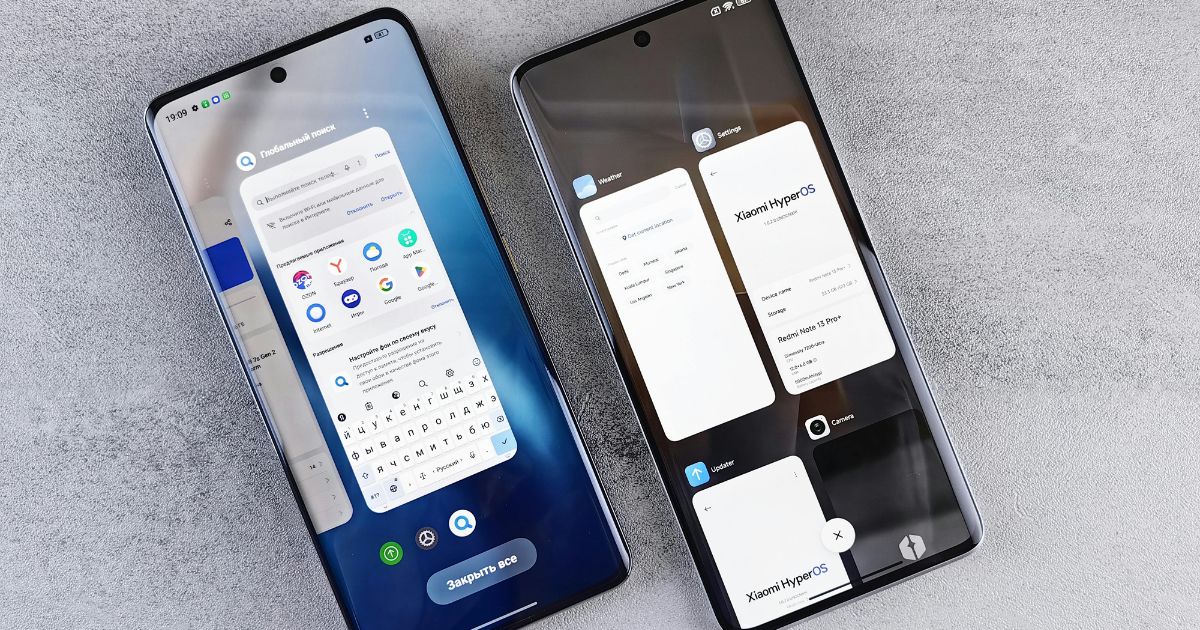Over the past few years and throughout 2020, the healthcare industry has experienced rapid technological growth. Between the widespread usage of mHealth apps, the digitization of patient records and medical documents, and the rising popularity of Telehealth, tech is becoming a critical resource for healthcare professionals. One piece of technology that has been important to healthcare for years and continues to expand its capabilities is artificial intelligence (AI).
There are varying definitions of AI, but it is a tool that focuses on developing software that can mimic human intelligence. AI capabilities include speech recognition, natural language processing and mimicry, analysis, decision-making, and more. AI development has always sought to solve human problems, such as the lack of time, capabilities, or labor to complete specific tasks. For AI in healthcare, these solutions could be critical to the health of patients and the work of healthcare professionals. Therefore, AI is a precious resource in developing successful mobile healthcare apps.
Let’s look at how AI is transforming the healthcare industry and, more specifically, how it can be helpful in healthcare applications.
AI and the Healthcare Industry
According to an article published in the National Library of Medicine, the “AI-associated healthcare market” is expected to reach $6.6 billion by 2021. This rapid growth is partly due to the increasing number of ways AI can be applied in healthcare. The industry uses artificial intelligence for everything from administrative work to data/image analysis to patient contact. Using AI, healthcare providers can leverage technology with the need to provide more accurate, efficient, and conscientious care for their patients.
The impact of AI casts a broad net over the world of healthcare - opportunities for implementation just keep growing. AI-powered robotic tools are being used in surgery. Virtual nurses are providing patients with real-time services, such as monitoring their vitals, providing symptom-based answers, and even providing diagnoses. AI resources analyze pathology images, organize electronic records, and spot information missed by humans. We now have an AI sensor that can detect sepsis and alert providers.
Amidst all of these advancements are how AI can improve the functionality and capabilities of mobile healthcare apps.
Use of AI in Healthcare Apps
In the context of mHealth app development, artificial intelligence software can be deployed for a variety of purposes. The ultimate goal of this technology is to streamline and automate processes for healthcare professionals, as well as enhance user experience (UX) through greater accessibility and convenient resources.
Here are a few of the ways AI tools can be applied in mobile healthcare apps:
Chatbots
AI chatbots are virtual assistants that can provide flexible care for patients from the comfort of a patient’s home, any time they may need assistance. They ease the burden on healthcare providers by becoming the first point of contact for patients, improving UX. Chatbots can assist patients with identifying symptoms, suggesting treatment options, processing medication refills, and scheduling appointments. Any data collected by these resources can then be sent directly to a patient’s healthcare provider. AI chatbots utilize natural language processing (NLP) to effectively communicate with humans - NLP allows computers to comprehend and implement human languages in their conversations.
1. Data Aggregation
For healthcare providers, AI tech in apps can automate research processes by aggregating and organizing relevant data. Saliency, for instance, is an example of an app for pharmaceutical professionals that implements this technology. Any images uploaded to the app can be labeled, notated, and organized accordingly by an automated AI system, saving human researchers valuable time.
Artificial intelligence can also be of use in wearable technology. Through devices like smartwatches and activity trackers, AI software can gather user health data and then utilize that information to predict trends and make personalized recommendations. Such technology can create more accountability and healthy habits in patients.
2. Data Analysis & Preventative Care
Artificial intelligence can also be helpful in healthcare apps through data analysis and prevention-based care. One example is dermatological healthcare apps, in which AI technology can scan a user’s face via the device’s front-facing camera. The app then quickly analyzes the data gathered from these scans and produces reports that determine the risk of different skin conditions. From there, a provider can develop prevention-based care plans for their patients.
AI-powered apps can also conduct effective analysis and corresponding care through clinical decision support tools (CDS). CDS refers to any resource that provides filtered or targeted information to healthcare providers. With the help of AI, CDS technology in mHealth apps can analyze electronic health records (EHR) to predict future issues, issue reminders for medication refills or changes, use aggregated data to determine next treatment steps, and even spot care gaps or information missed by humans.
3. Billing
On the back-end of the billing system, AI can be of use by translating EHR data into billing codes, a process that is time-consuming and difficult for humans to do manually. There are over 10,000 of these codes as distinguished by the American Medical Association, and as the volume of patients keeps growing, so does the margin of error for billing mistakes. Using NLP, AI technology can extract and contextualize relevant health records data to assign billing codes. This both automates what would typically be a labor-intensive process and ensures greater accuracy in billing operations.
Examples of mHealth Apps Utilizing AI
- SkinVision: SkinVision is an excellent example of AI-centered preventative care in the dermatology field. Users can take pictures to be scanned for skin cancer, then receive a risk assessment and suggested steps based on the results. The app even provides resources and reminders for users to track their skin over time.
- WebMD: The popular website offers a mobile app where users can find health-related information collected by AI technology. Individuals can check their symptoms, find out more about their prescriptions using the Pill Identifier tool, locate physicians in their area, and even set reminders for their medication.
- ADA: ADA is a mobile healthcare app that utilizes AI chatbots to improve patient accessibility. Users can enter their symptoms and receive physician-backed information and suggestions via real-time messaging with a virtual assistant. According to its website, ADA has nearly 11 million users.
- Youper: Youper provides around-the-clock mental health services through AI doctors and 24/7 messaging capabilities. A Mental Health Checkup is initially conducted to create personalized care plans, and users can participate in periodic checkups over time.
AI and the Future of Medical Technology
AI technology has grown to become a valuable resource not only for the healthcare industry at large but for the development of mobile healthcare apps. Advances made in artificial intelligence have been beneficial in 2020, as healthcare becomes increasingly virtual and the burdens on providers and patients shift.








